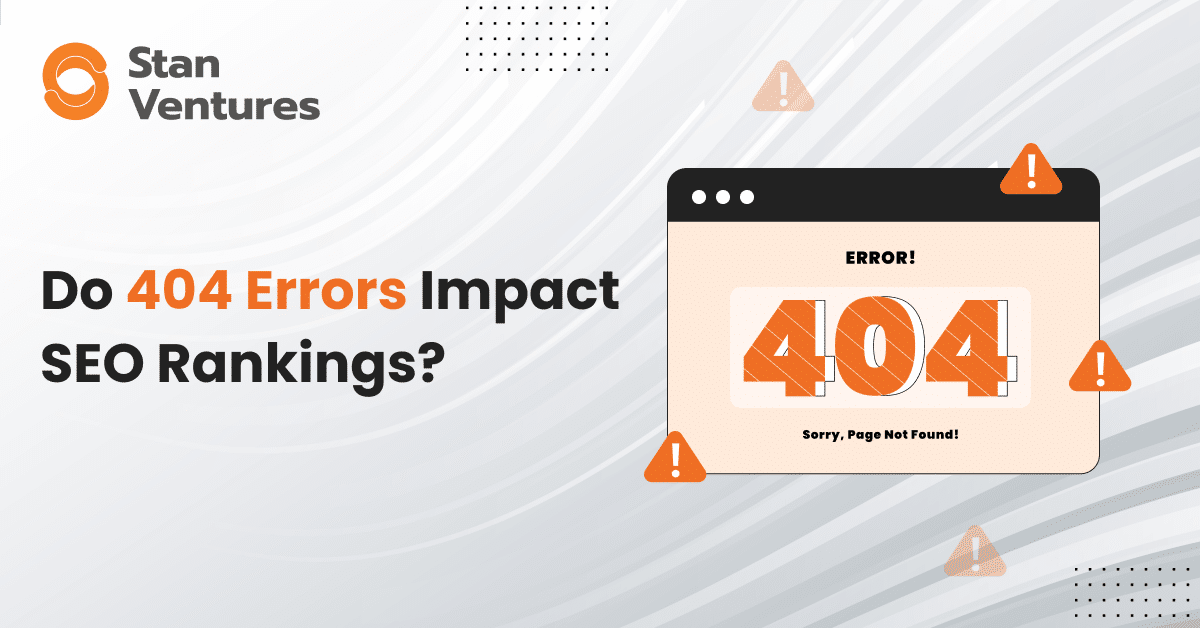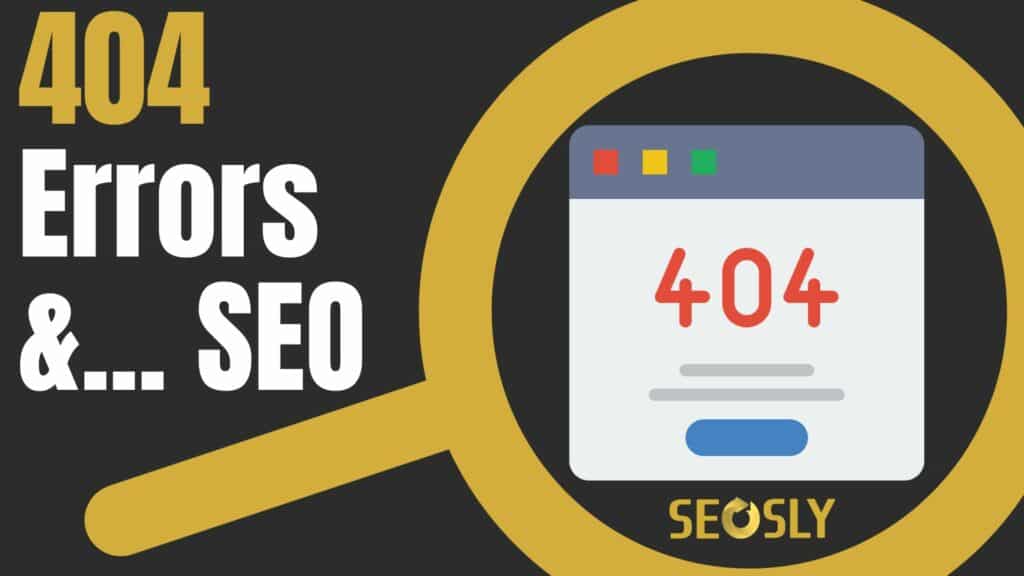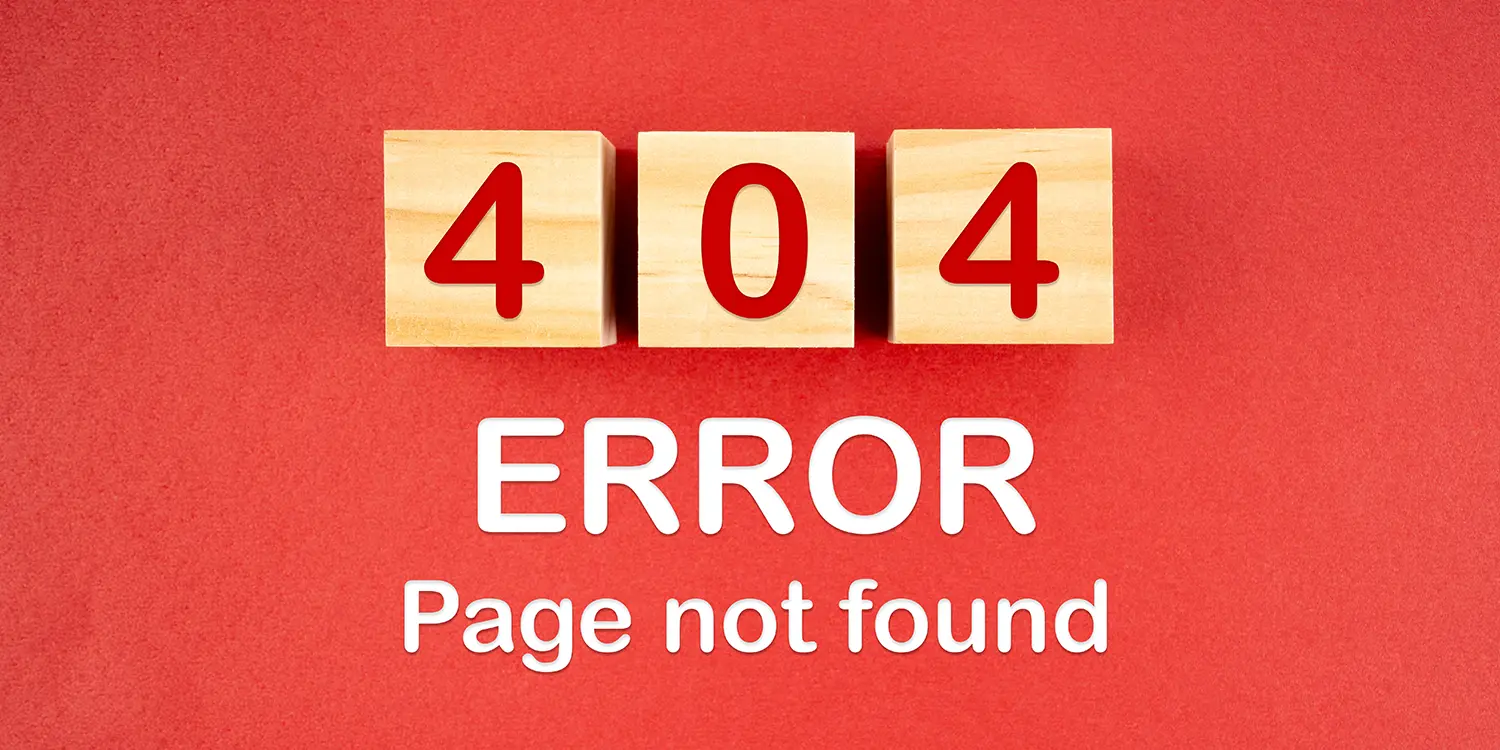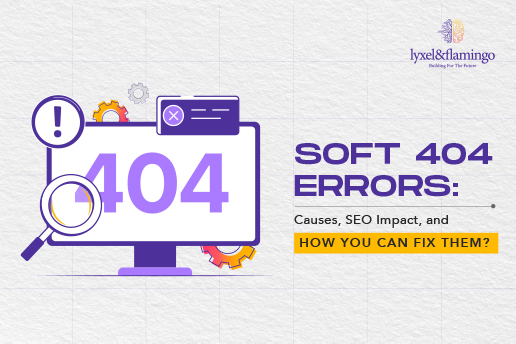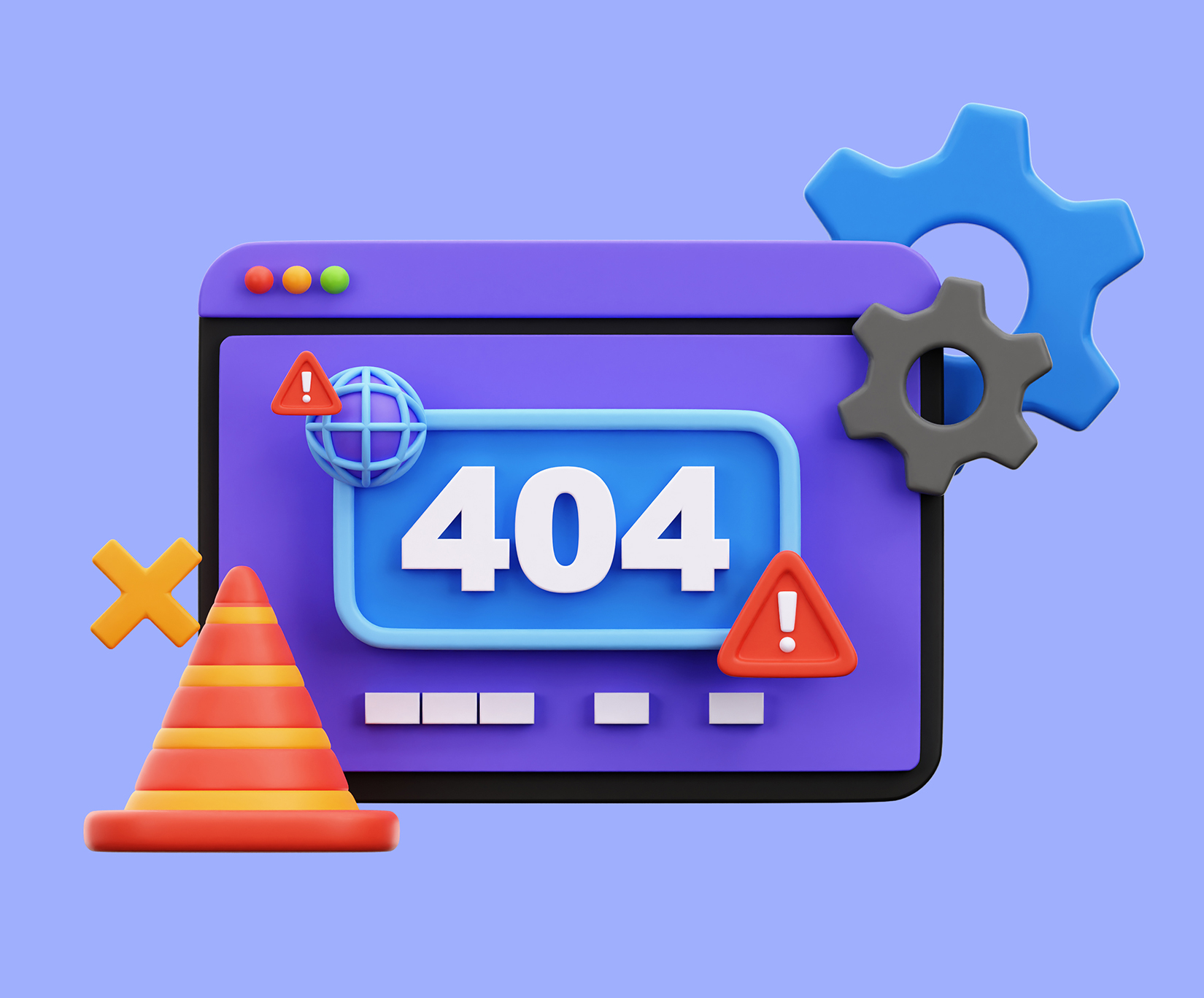Search engines handle 404 errors by recognizing that a requested page no longer exists and treating it as a dead end during crawling. When a crawler encounters a 404 status code, it understands that the page is missing and typically stops trying to index that URL. This signals to the search engine that the content is unavailable, which can lead to the page being removed from the index over time.
The impact of 404 errors on crawling and SEO includes:
-
Reduced crawl efficiency: If search engines encounter many 404 errors on a site, they may reduce the crawl rate or crawl budget allocated to that site, meaning fewer pages get crawled and indexed.
-
Lower indexing and visibility: Pages returning 404s are not indexed, so they do not appear in search results, which reduces the site's overall visibility.
-
Loss of link equity: Backlinks pointing to 404 pages lose value because the link authority cannot pass through broken URLs, weakening the site's internal link structure and ranking potential.
-
User experience impact: Frequent 404 errors frustrate users and can increase bounce rates, indirectly affecting SEO.
Best practices for handling 404 errors to minimize negative SEO impact are:
-
Use 301 redirects for URLs where content has moved to a relevant new page, preserving link equity and guiding crawlers properly.
-
For permanently removed content, serve a 404 or 410 status code (410 signals permanent removal more explicitly), allowing search engines to drop the page from the index efficiently.
-
Avoid redirecting all 404s to the homepage or unrelated pages, as this confuses crawlers and wastes crawl budget.
-
Create a custom 404 page that helps users navigate to other parts of the site, improving user experience and reducing bounce rates.
-
Regularly monitor and fix broken internal links and backlinks that lead to 404 pages using tools like Google Search Console and Screaming Frog.
-
Address soft 404 errors (pages that return a 200 status but have no meaningful content) by improving content or properly returning a 404 status to avoid de-indexing by Google.
In summary, search engines treat 404 errors as signals that pages no longer exist, which can reduce crawl efficiency, indexing, and link equity if not managed properly. Proper handling through redirects, status codes, and user-friendly error pages helps maintain crawlability and SEO performance.

